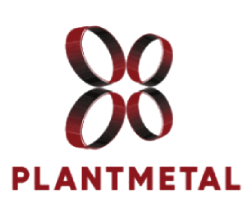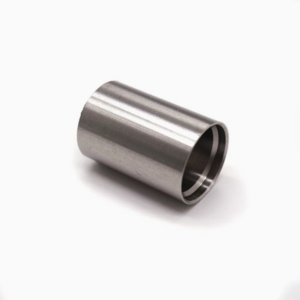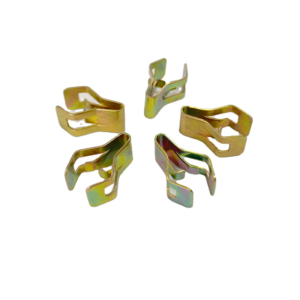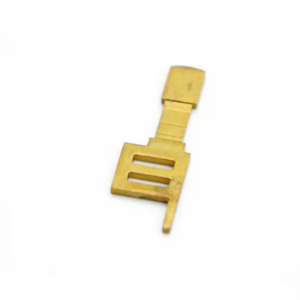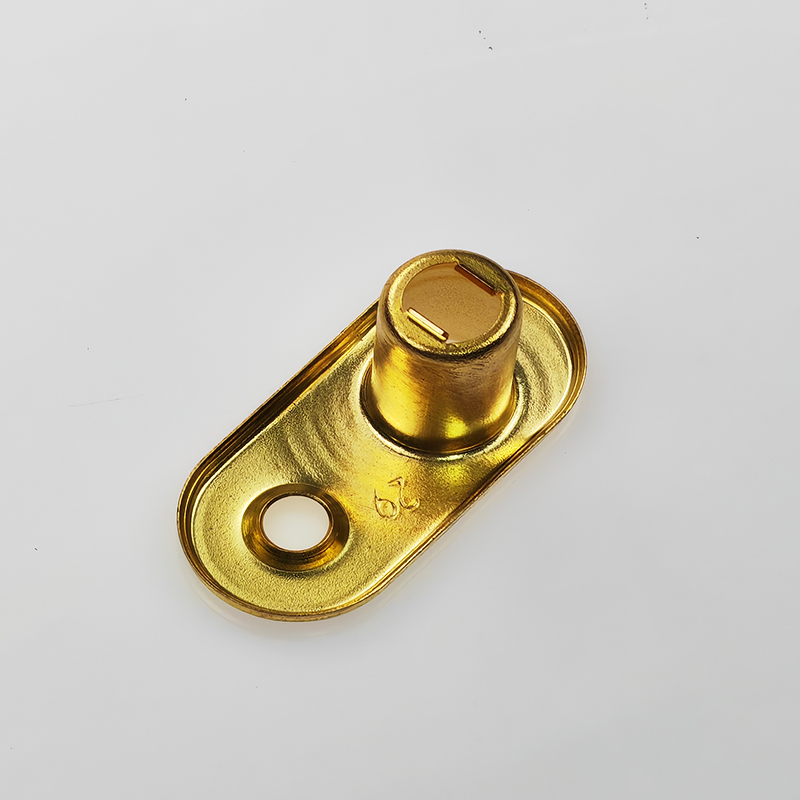In the complex world of mechanical systems, custom bushings often work behind the scenes to ensure optimal performance, efficiency, and longevity. These unsung components are crucial in reducing friction, wear, and vibration within machinery. Tailored to meet the unique specifications of different applications, custom bushings play a vital role in ensuring smooth operation and minimizing maintenance. Whether in aerospace, automotive, or industrial machinery, custom bushings can make the difference between flawless performance and costly downtime.
What Are Custom Bushings?
Simply put, a custom bushing is a type of bearing designed to reduce friction between rotating shafts and stationary supports. Unlike standard bushings, which may only work in general applications, custom bushings are manufactured to meet specific design requirements, ensuring they fit precisely into unique machinery and operational conditions. The result is a more efficient, longer-lasting component that can withstand demanding environments and high-performance applications.
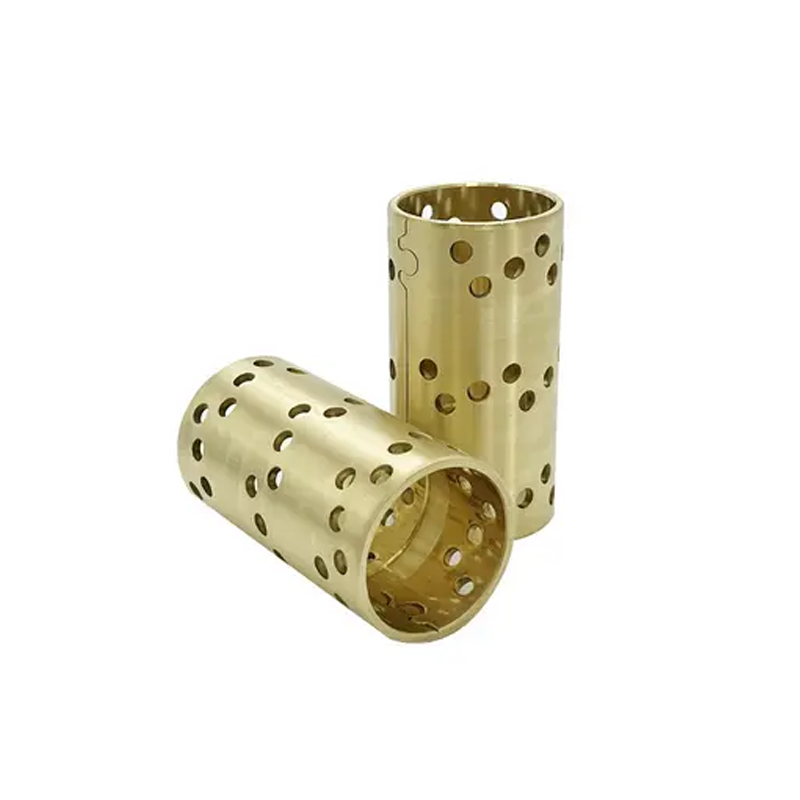
Key Benefits of Custom Bushings:
– Precision Fit: Custom bushings are designed to meet exact specifications, ensuring a perfect fit for specialized machinery or equipment.
– Improved Performance: They are tailored to specific operational needs, improving overall efficiency and extending the lifespan of the machinery.
– Wear and Friction Reduction: Custom bushings minimize wear and tear on moving components, resulting in lower maintenance costs and increased machine reliability.
– Versatility in Materials: Bushings can be made from a variety of materials, allowing them to perform well in different environments—from high temperatures to harsh, corrosive atmospheres.
– Enhanced Vibration Dampening: Custom bushings can significantly reduce vibration, which improves machine stability and performance.
– Cost-Effectiveness: While custom bushings may come with a higher initial investment, their long-term benefits—such as reduced maintenance, fewer replacements, and less downtime—make them a cost-effective solution.
Types of Custom Bushings
The term “custom bushing” encompasses a variety of types, each designed for specific functions and applications. Here’s a look at some of the most common:
– Plain Bushings (Sleeve Bearings): These are the most basic type of bushings, used to create a smooth sliding surface for linear or rotational motion. They are simple, durable, and ideal for applications where basic bearing support is needed.
– Flanged Bushings: These bushings feature a flange at one end, which prevents axial movement. Flanged bushings are perfect for applications requiring precise axial positioning, as well as for distributing thrust loads across the bushing for improved performance.
– Thrust Washers: Thrust washers are flat and designed to handle axial loads. They are often used in applications where space is limited, making them ideal for tight spaces while offering a solution to reduce friction and wear between moving components.
– Split Bushings: Split bushings can be divided into two or more parts, making them easy to install and remove. These bushings are ideal for applications that require regular maintenance or service without disassembling the entire machine.
– Polymer Bushings: Polymer bushings use advanced polymers such as nylon or PTFE to provide exceptional wear resistance, low friction, and the ability to withstand corrosive environments. These bushings can also be self-lubricating, reducing maintenance costs.
– Sintered Bushings: These bushings are made from powdered metals that are compressed and heated to bond the particles together. The resulting material is porous and can be impregnated with lubricants, offering self-lubricating properties for high-load and high-speed applications.
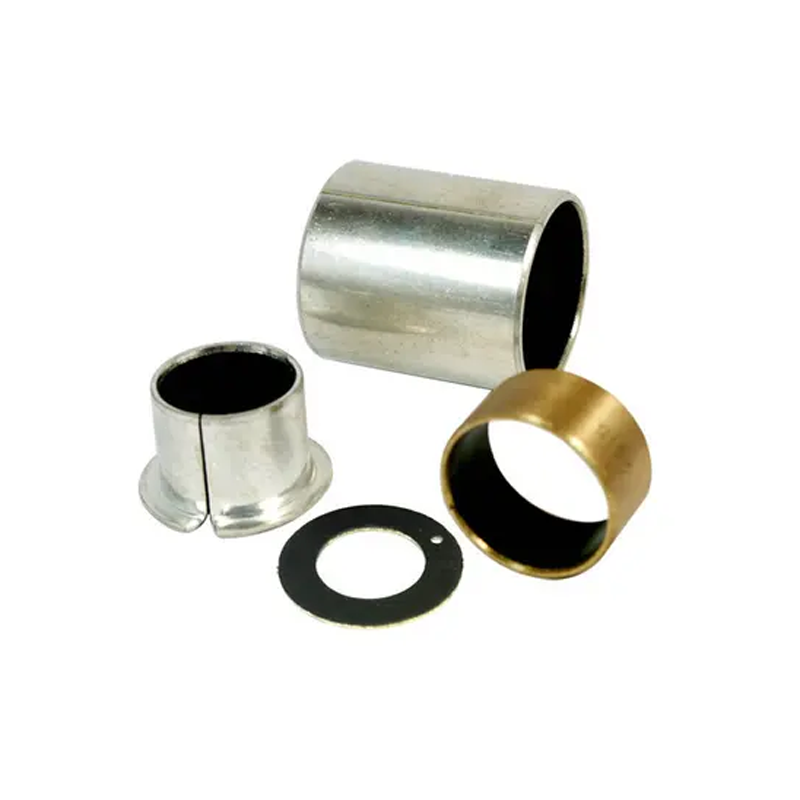
Materials Used in Custom Bushings
The material used for custom bushings greatly affects their performance, durability, and suitability for specific applications. Below are the most commonly used materials for custom bushings:
– Steel: Steel bushings are strong, durable, and ideal for high-load applications. They can withstand physical impact and are often treated with coatings or heat treatments to enhance corrosion resistance. Steel bushings are commonly used in automotive, industrial machinery, and heavy equipment applications.
– Bronze: Bronze bushings offer exceptional corrosion resistance and can work with a wide range of lubricants. Their excellent wear resistance makes them ideal for electrical, marine, and aerospace applications, where high precision and reliability are critical.
Manufacturing Processes for Custom Bushings
The manufacturing process used to create custom bushings depends on the material and the required specifications. Here are some of the most common methods:
– Machining: Machining is a versatile process that can be used to create bushings from metals, polymers, and other materials. Using CNC machines, lathes, or mills, custom bushings are cut and shaped to meet tight tolerances and complex geometries.
– Casting: Casting is often used for producing metal bushings, especially bronze. Molten metal is poured into a mold and allowed to cool and solidify. While casting is cost-effective for mass production, cast bushings often require additional machining to meet precise dimensional and surface finish requirements.
– Injection Molding: This process is typically used to produce polymer bushings. Molten polymer is injected into a mold under high pressure, creating custom bushings in large quantities without the need for further machining. Injection molding is ideal for producing complex shapes and integrated features.
– Sintering: Sintering is used to manufacture sintered bushings, which are made from powdered metals. The powder is compacted and heated, allowing the particles to bond and form a porous structure that can be impregnated with lubricant. This process is perfect for creating self-lubricating bushings.
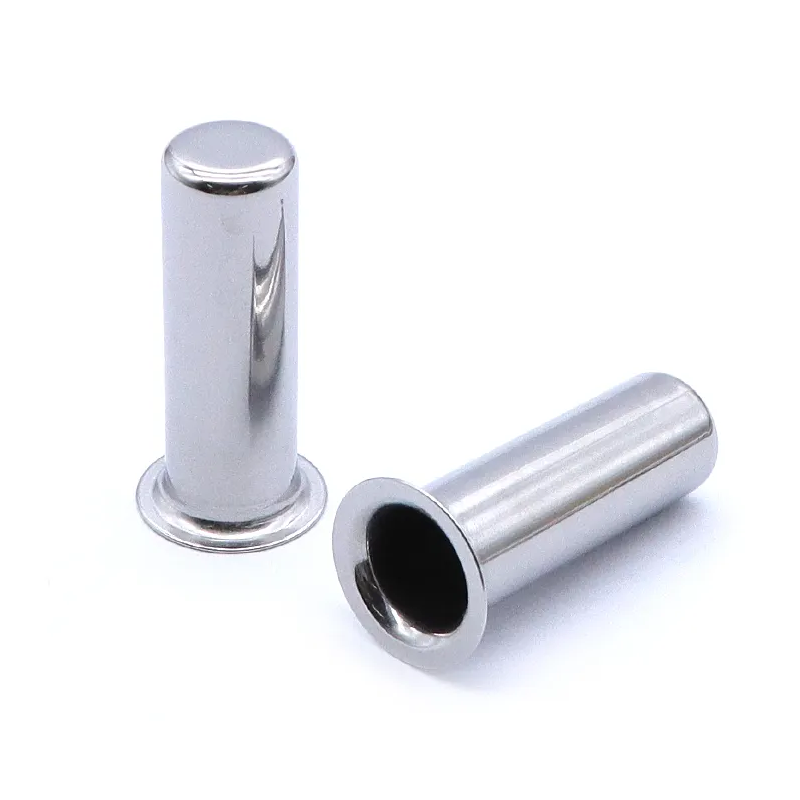
Applications of Custom Bushings
Custom bushings are used across various industries due to their ability to reduce friction, support loads, and optimize machine performance. Some key applications include:
– Automotive Industry: Custom bushings are vital in suspension systems, gearboxes, and steering mechanisms, where they help absorb shocks and enhance vehicle stability.
– Aerospace Industry: Aerospace applications require custom bushings that can withstand extreme temperatures, vibrations, and mechanical stresses. These bushings are used in critical components like landing gears and control systems.
– Industrial Machinery: Custom bushings are essential in manufacturing equipment, pumps, and motors. They ensure smooth and efficient operation, which helps extend the lifespan of machines and reduce maintenance costs.
– Electronics and Robotics: The precision and low friction of custom bushings are key to the functionality and reliability of robotic arms, actuators, and high-tech electronics.
– Medical Equipment: Custom bushings are used in medical devices, where precision, reliability, and smooth operation are essential. They contribute to the performance of tools such as MRI machines, surgical instruments, and hospital beds.
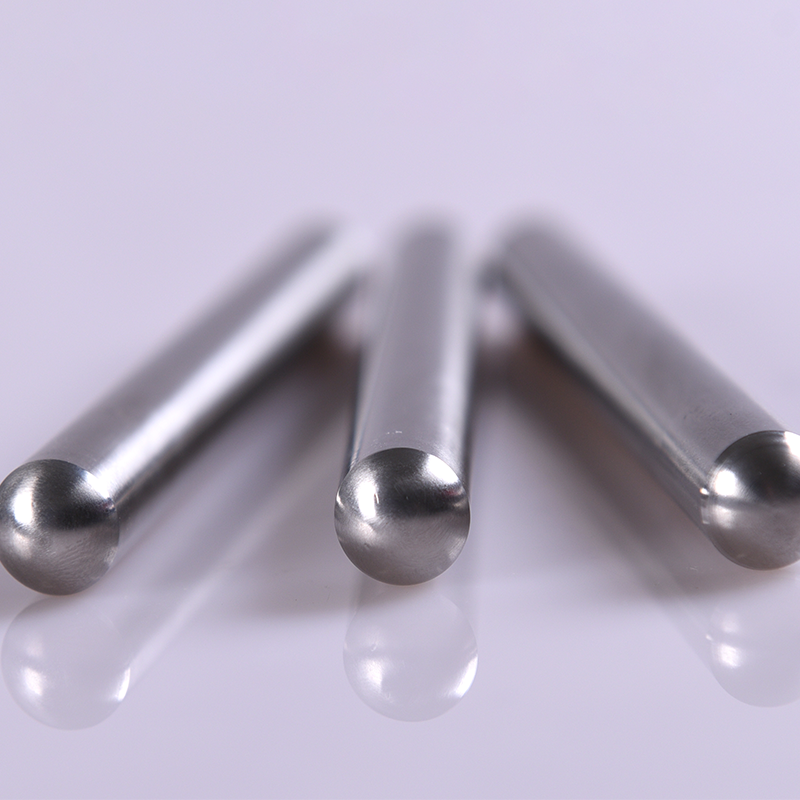
Why Choose Plantmetal for Custom Bushings?
At Plantmetal, we specialize in designing and manufacturing custom bushings tailored to your unique specifications. With decades of expertise in metal stamping, machining, and custom engineering, we offer the most reliable and cost-effective solutions for a wide range of industries.
Our team works closely with clients to understand their specific needs and provides comprehensive support from design to production. Whether you’re in aerospace, automotive, or industrial manufacturing, Plantmetal delivers precision-engineered custom bushings that enhance your equipment’s performance and reduce downtime.
If you’re looking to optimize your machinery, extend the lifespan of your components, and reduce maintenance costs, contact us today. Let’s collaborate to find the best custom bushing solution for your needs and achieve operational excellence together.
